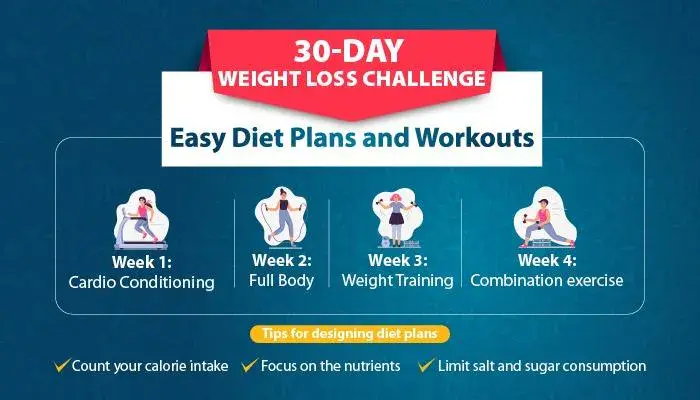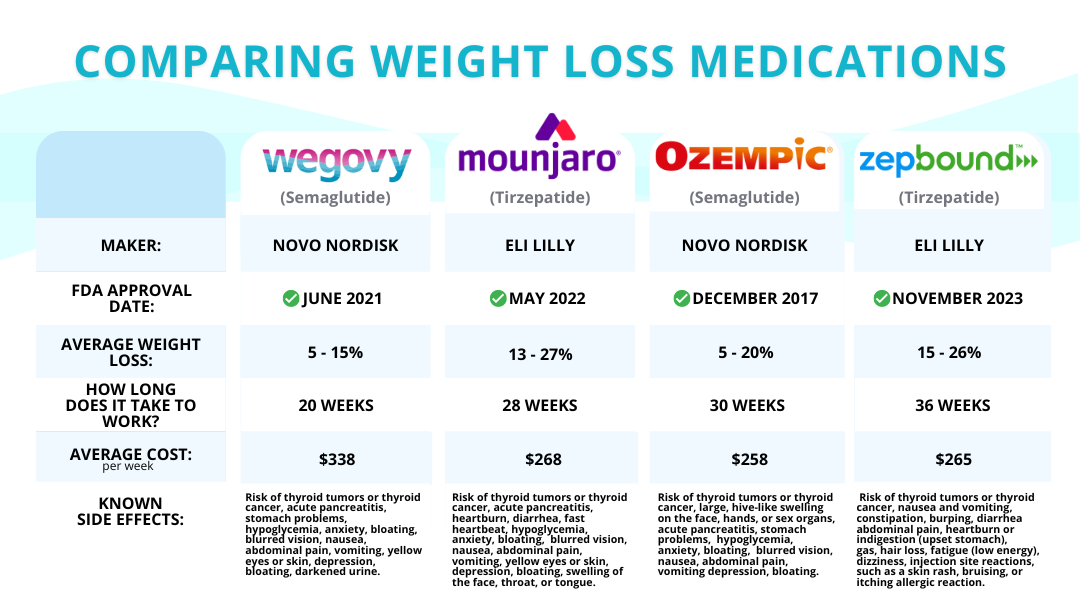
Why Sustainable Weight Loss Matters
Many people attempt rapid weight loss through extreme diets or intense exercise regimens, only to gain the weight back later. Sustainable weight loss focuses on creating healthy habits that are maintainable over time, helping you achieve permanent results. It involves losing fat rather than muscle, boosting metabolism, and making adjustments that work with your lifestyle, not against it.
Diet Plan: The Foundation of Weight Loss
A balanced diet plan is the cornerstone of weight loss. Science shows that the right combination of macronutrients, portion control, and meal timing can lead to consistent weight loss. Here's a breakdown of what you need to focus on:
1. Calorie Deficit
To lose weight, you must consume fewer calories than you burn. This is the fundamental principle of weight loss. Aim for a moderate calorie deficit of 500–750 calories per day, which typically results in a loss of 1–1.5 pounds per week.
2. High-Protein Diet
Research suggests that high-protein diets are effective for weight loss because they help increase satiety, reduce hunger, and preserve muscle mass. Protein-rich foods include lean meats, eggs, fish, and plant-based proteins like beans and legumes.
3. Healthy Fats and Carbs
Incorporating healthy fats (like those from avocados, nuts, and olive oil) and complex carbohydrates (such as whole grains and vegetables) helps maintain energy levels while supporting metabolism.
4. Meal Timing
Intermittent fasting is one evidence-based approach that can aid in weight loss. Studies show that eating within an 8-hour window, followed by fasting for the next 16 hours, may promote fat burning without compromising muscle mass.
5. Fiber-Rich Foods
Consuming foods high in fiber—such as vegetables, fruits, and whole grains—has been linked to better weight management. Fiber helps you feel full longer, reducing the likelihood of overeating.
Chart: Science-Backed Diet Plan for Effective Weight Loss
| Food Group | Recommended Foods | Benefits for Weight Loss |
|---|---|---|
| Protein | Chicken, Turkey, Fish, Eggs | Boosts metabolism, preserves muscle mass |
| Healthy Fats | Avocados, Nuts, Olive Oil | Enhances satiety, supports metabolism |
| Complex Carbs | Whole Grains, Sweet Potatoes, Vegetables | Provides steady energy, prevents blood sugar spikes |
| Fiber | Oats, Beans, Berries | Improves digestion, reduces hunger |
| Fruits and Vegetables | Leafy Greens, Berries, Apples | Low-calorie, high-nutrient, helps with digestion |
Exercise: The Key to Boosting Fat Loss
While diet plays a major role in weight loss, exercise accelerates the process and helps ensure you lose fat rather than muscle. A combination of aerobic (cardio) and strength training is proven to be the most effective for weight loss.
1. Cardio Workouts
Cardiovascular exercises, such as running, cycling, or swimming, are excellent for burning calories. Aim for at least 150 minutes of moderate-intensity cardio or 75 minutes of vigorous-intensity cardio per week.
2. Strength Training
Lifting weights or engaging in resistance exercises not only tones your body but also increases your metabolic rate, helping you burn more calories even while at rest. Focus on compound exercises like squats, deadlifts, and push-ups to target multiple muscle groups.
3. High-Intensity Interval Training (HIIT)
HIIT involves short bursts of intense exercise followed by brief rest periods. Studies show that HIIT can burn a significant amount of calories in a short time while preserving muscle mass, making it a highly efficient fat-burning method.
Sleep and Stress Management: The Hidden Factors
Getting adequate sleep and managing stress are often overlooked but crucial factors in weight loss. Poor sleep has been linked to weight gain, as it can affect hormones responsible for hunger and appetite regulation, such as ghrelin and leptin.
1. Sleep Quality
Aim for 7–9 hours of quality sleep per night. Establish a regular sleep routine and avoid stimulants like caffeine close to bedtime. Good sleep enhances metabolism and helps regulate hunger hormones.
2. Stress Reduction
Chronic stress leads to higher levels of cortisol, a hormone that can encourage fat storage, especially in the abdominal area. Managing stress through mindfulness practices, yoga, or meditation can lower cortisol levels and support weight loss.
Stay Consistent and Be Patient
Weight loss is a gradual process. Consistency is key, and adopting long-term habits is crucial for success. Avoid drastic changes that are hard to maintain and focus on small, sustainable improvements. Remember, slow and steady progress is often more effective and healthier than rapid, unsustainable methods.
Final Thoughts
Losing weight fast and sustainably is achievable with the right combination of diet, exercise, sleep, and stress management. By following a science-backed approach that includes a calorie deficit, high-protein diet, regular physical activity, and maintaining a balance in your life, you can achieve lasting results. Always consult with a healthcare provider before making significant changes to your diet or exercise routine to ensure it aligns with your personal health goals.



